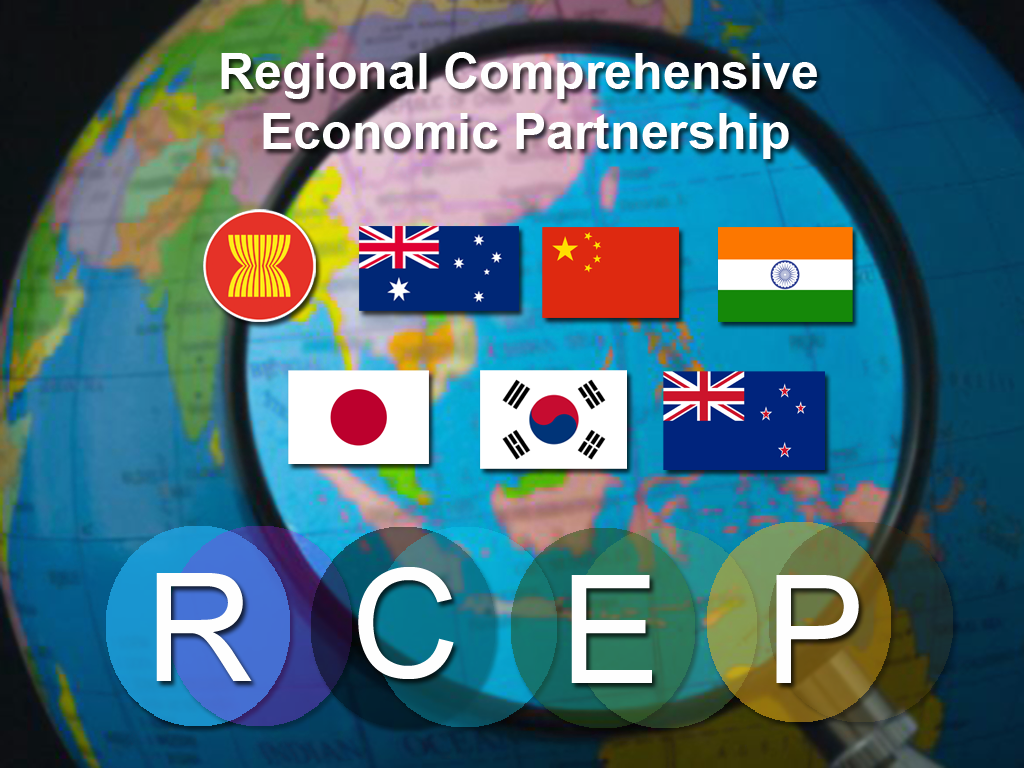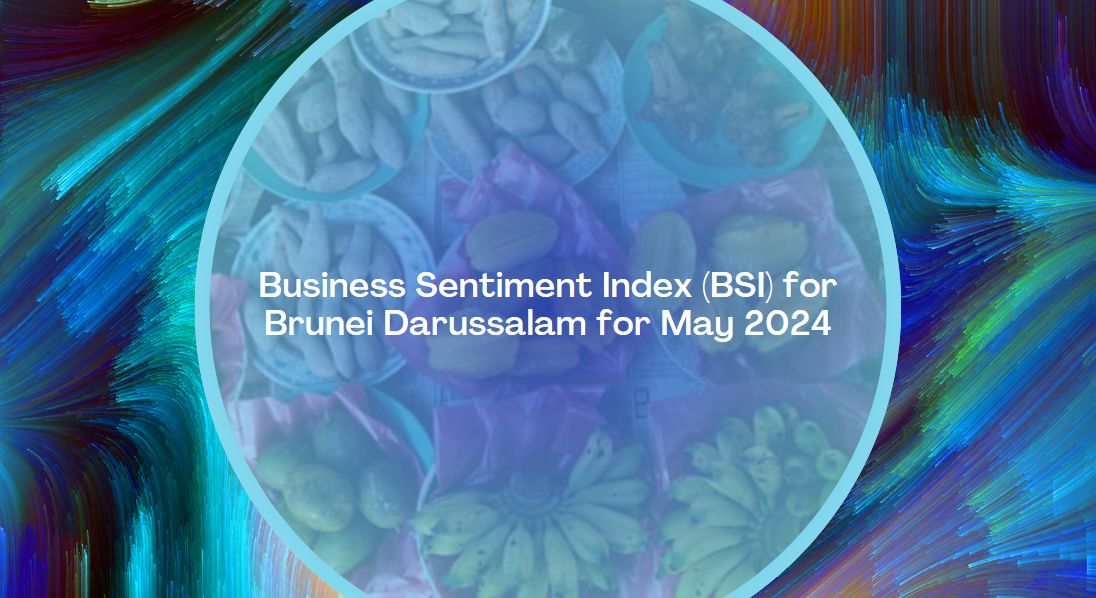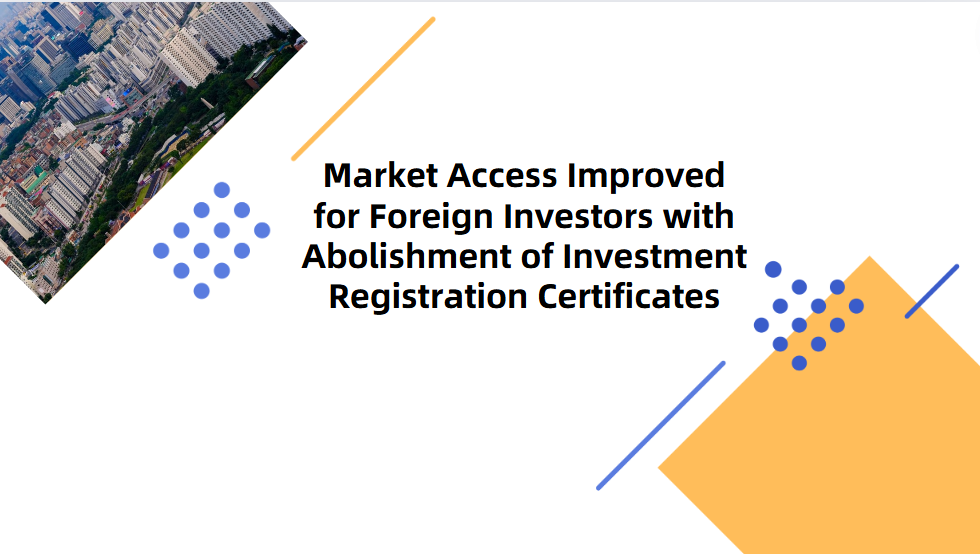RCEP, bilateral FTAs ensure Cambodia's seamless access to major Asian markets: business leader
The Regional Comprehensive Economic Partnership (RCEP) agreement and bilateral free trade agreements (FTAs) have ensured Cambodia's seamless access to major Asian markets, Kith Meng, president of the Cambodia Chamber of Commerce, said here on Monday.
Cambodia is a member of the RCEP agreement that engaged with 15 Asia-Pacific countries, and the Southeast Asian country also has bilateral FTAs with China, South Korea and the United Arab Emirates (UAE).
Meng said with a strategic location in the heart of Southeast Asia and a rapidly developing infrastructure, Cambodia is an ideal production base for reaching Asian markets.
"Our extensive network of regional free trade agreements such as ASEAN and RCEP and bilateral FTAs with China and South Korea, as well as the UAE, ensures seamless access to major Asian markets," he said in a speech during the opening ceremony of a Cambodia-France business forum in Phnom Penh.
"Our competitive labor costs and supportive business environment make us an attractive destination for manufacturing and export," he added.
Meng said Cambodia is not just a strategic export-oriented manufacturing hub, but also a nation committed to a pro-business environment and investment-friendly policies.
Regional and bilateral FTAs have served as catalysts for Cambodia's economic and export growth in the long term. The government has predicted that the kingdom's economy will achieve a rate of 6 percent in 2024, up from 5 percent in 2023.
"This nation has been one of the fastest growing economies in the region, and expected to continue to grow," he said. "We are eager to join forces with investors on a journey towards shared prosperity."
Cambodian Ministry of Commerce's Secretary of State and Spokesperson Penn Sovicheat said the RCEP agreement and bilateral FTAs will help Cambodia realize its ambitious goals of becoming an upper-middle-income country by 2030 and a high-income nation by 2050.
"These free trade pacts have not only given a boost to Cambodia's sustainable trade growth in the long run, but also become a magnet to attract more foreign direct investments to the kingdom," he told Xinhua.
"I believe that this regional trade pact will help transform ASEAN into a new engine of growth for Asia," Sovicheat added.
The RCEP member countries include the 10 ASEAN (Association of Southeast Asian Nations) member states of Brunei, Cambodia, Indonesia, Laos, Malaysia, Myanmar, the Philippines, Singapore, Thailand and Vietnam, and their five trading partners, namely China, Japan, South Korea, Australia and New Zealand.
Entered into force in 2022, RCEP will ultimately eliminate 90 percent of the tariffs on goods traded among its signatories over the next 20 years.
Thong Mengdavid, a lecturer at the Institute for International Studies and Public Policy, a school of the Royal University of Phnom Penh, said RCEP, the world's largest FTA, has helped diversify Cambodia's economy and boost its exports.
"For regional cooperation, this regional mega-trade pact has played a significant role in integrating regional economy and supporting multilateralism mechanism that enhances regional trade capacity and fosters mutual economic growth," he told Xinhua.























































First, please LoginComment After ~